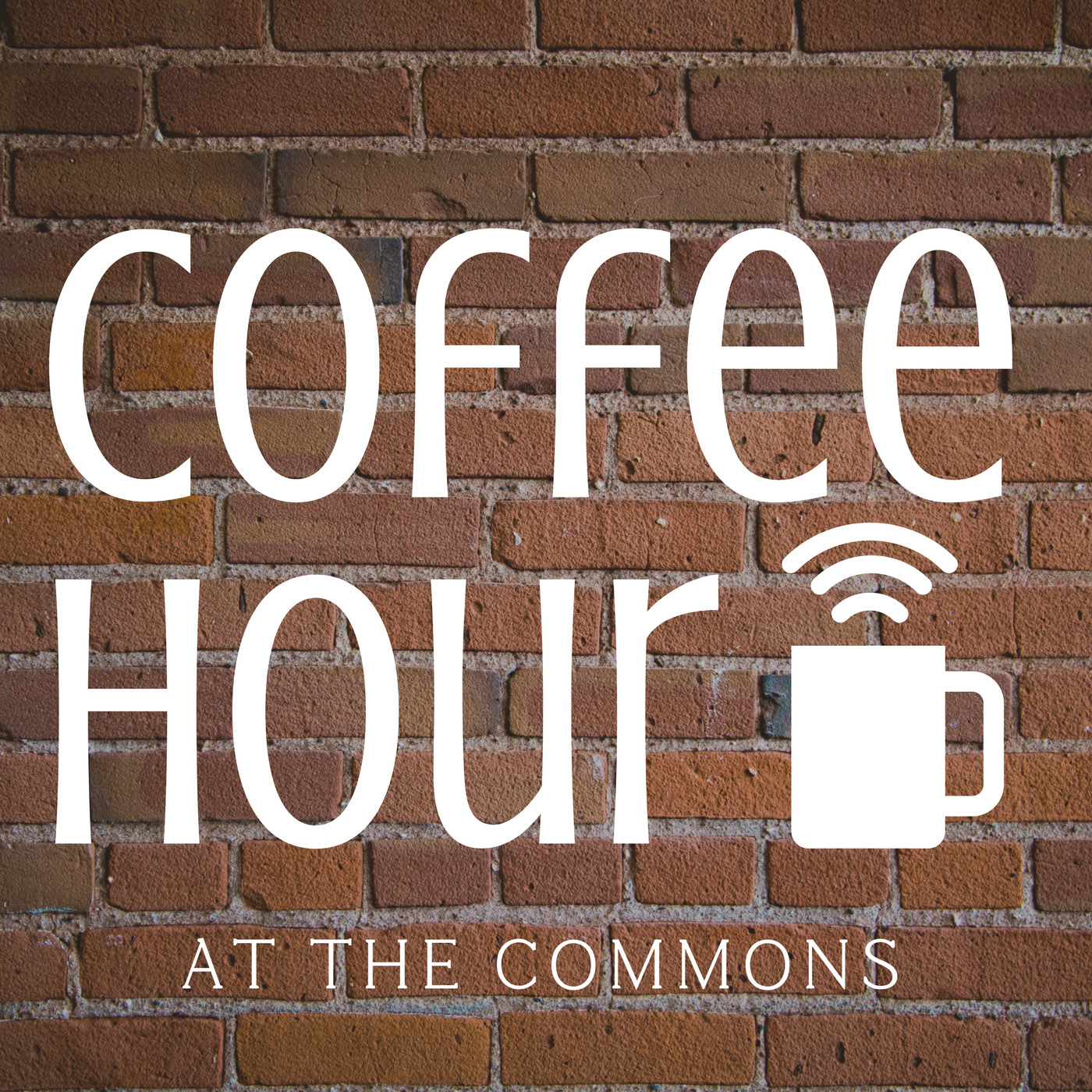- religion
- SEE MORE
- classical
- general
- talk
- News
- Family
- Bürgerfunk
- pop
- Islam
- soul
- jazz
- Comedy
- humor
- wissenschaft
- opera
- baroque
- gesellschaft
- theater
- Local
- alternative
- electro
- rock
- rap
- lifestyle
- Music
- como
- RNE
- ballads
- greek
- Buddhism
- deportes
- christian
- Technology
- piano
- djs
- Dance
- dutch
- flamenco
- social
- hope
- christian rock
- academia
- afrique
- Business
- musique
- ελληνική-μουσική
- World radio
- Zarzuela
- travel
- World
- NFL
- media
- Art
- public
- Sports
- Gospel
- st.
- baptist
- Leisure
- Kids & Family
- musical
- club
- Culture
- Health & Fitness
- True Crime
- Fiction
- children
- Society & Culture
- TV & Film
- gold
- kunst
- música
- gay
- Natural
- a
- francais
- bach
- economics
- kultur
- evangelical
- tech
- Opinion
- Government
- gaming
- College
- technik
- History
- Jesus
- Health
- movies
- radio
- services
- Church
- podcast
- Education
- international
- Transportation
- Other
- kids
- podcasts
- philadelphia
- Noticias
- love
- sport
- Salud
- film
- and
- 4chan
- Disco
- Stories
- fashion
- Arts
- interviews
- hardstyle
- entertainment
- humour
- medieval
- literature
- alma
- Cultura
- video
- TV
- Science
- en
Episode 47: Jerusalem Peacebuilders with the Rev. Cn. Nicholas Porter

Our guest today is the Rev. Canon Nicholas T. Porter. Nicholas, former rector of Trinity Church in Southport. He is the Executive Director and Founder of Jerusalem Peacebuilders: jerusalempeacebuilders.org. He is the re-founder and past director of the American Friends of the Episcopal Diocese of Jerusalem as well as the founder of Anastasia Pilgrimages in France. Nicholas holds advanced degrees in Middle East Studies, Theology, War Studies, and Conflict Transformation. A two-time graduate from Yale University, he served on the board of the Berkeley Divinity School at Yale, initiating key projects in theology and in Jerusalem. In 2016 Dwight Hall at Yale awarded him the Curran Prize for distinguished public service. Jerusalem Peacebuilders (JPB) is an interfaith, non-profit organization with a mission to create a better future for humanity across religions, cultures, and nationalities. Integral to that mission is the belief that the future of Jerusalem is the future of the world. To that end, JPB promotes transformational, person-to-person encounters among the peoples of Jerusalem, the United States, and the Holy Land. JPB’s interfaith programs focus on uniting Israelis, Palestinians, and Americans and providing them with the opportunities, relationships, and skills they need to become future leaders for peace in the global community. A passion for peace drives our mission and partnerships power our program. Welcome Nicholas! Alli asks in Nicolas’ own words to describe what the Jerusalem Peacebuilders is. Nicholas says the primary mission is to promote peace through education. The first session started with 11 people, and this summer it’ll be over 100 young people. JPB started off with offering summer programs focused on leadership. While there are fun camp things like canoeing and ropes courses, these young people also focus on hard conversations and interfaith dialogue. Next step was to introduce experimental-learning courses in school in Israel, Palestine, and the United States (especially in Houston, TX and in CT, VT, MA) which became a 4-year curriculum. These courses are geared to four areas: understanding their identity, communication skills, recognizing conflict, and conflict management. JPB uses Critical Youth Empowerment, a program to work closer with young people to become instruments of change. This focuses on providing three specifics things to flourish the growth of young people: providing a safe environment, a low-power asymmetry, and working towards a realistic contribution by the group. This final part usually results in a project the young people work towards in their community. Alli asks where JPB receive the funding for these programs and how are the young people able to participate. JPB receive fund from individual donors, Episcopal Diocese in Jerusalem, and mission funds in ECCT. It costs about $3,000 to being over a young person from the Middle East to participate in the peace-building programs. Nicholas says that what is fundamental for change is the removal of oneself from the environment they are in. Therefore it is essential to peace-building to gather together outside of their current environment and community, and return back. Nicholas shares one particularly spectacular story of a young person that has gone through the JPB program. Nicholas stopped by The Commons on his way to New Haven and then on to New York. One of the five programs JPB offers is based in New Haven and hosted by Christ Church, New Haven. The group of 20 young people spend the first half of August working with IRIS - Integrated Refugee and Immigrant Services, visiting the United Nations, meeting with Ambassadors. An exciting new initiative the group in New Haven will be doing this year is happening on Thursday, August 8 a service learning program. JPB with the Muslim community in New Haven, the Mishkan Israel in Hamden, and Christ Church, New Haven are hosting a city-wide interfaith service day. All day long there will be groups working in parks, a feeding station, working at IRIS, and with Habitat for Humanity. This event is open to anyone who is interested and would like to attend. To wrap up, Alli asks how this work has been spiritually for Nicholas. He said both the conflict and peace-building reside within his family history and within himself, which he didn’t realize would take hold until he went to Jerusalem himself. Nicholas said that his faith and life were traumatized by 9/11. On the 10th anniversary of 9/11, Nicholas and his wife decided to work towards the future — peace.